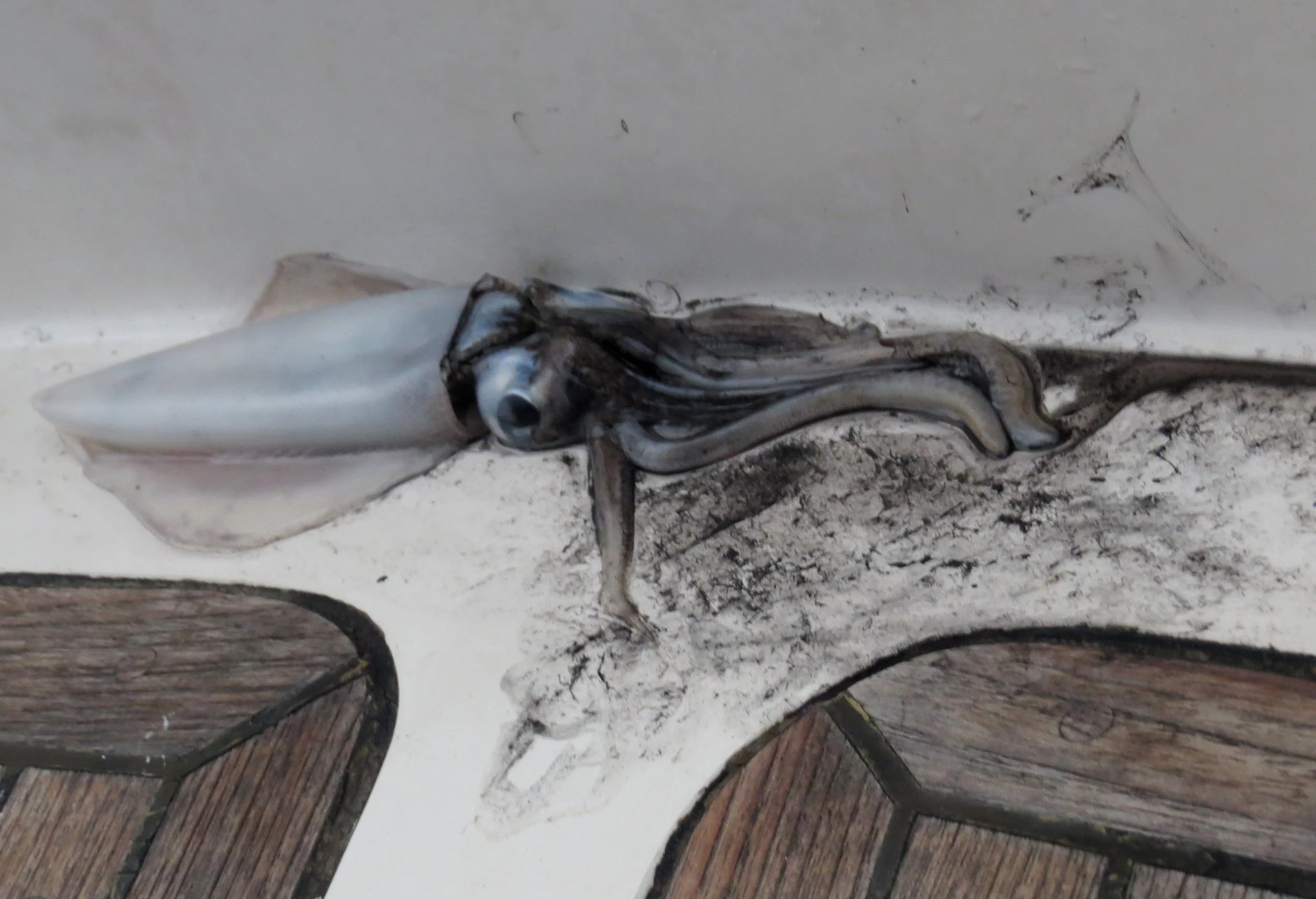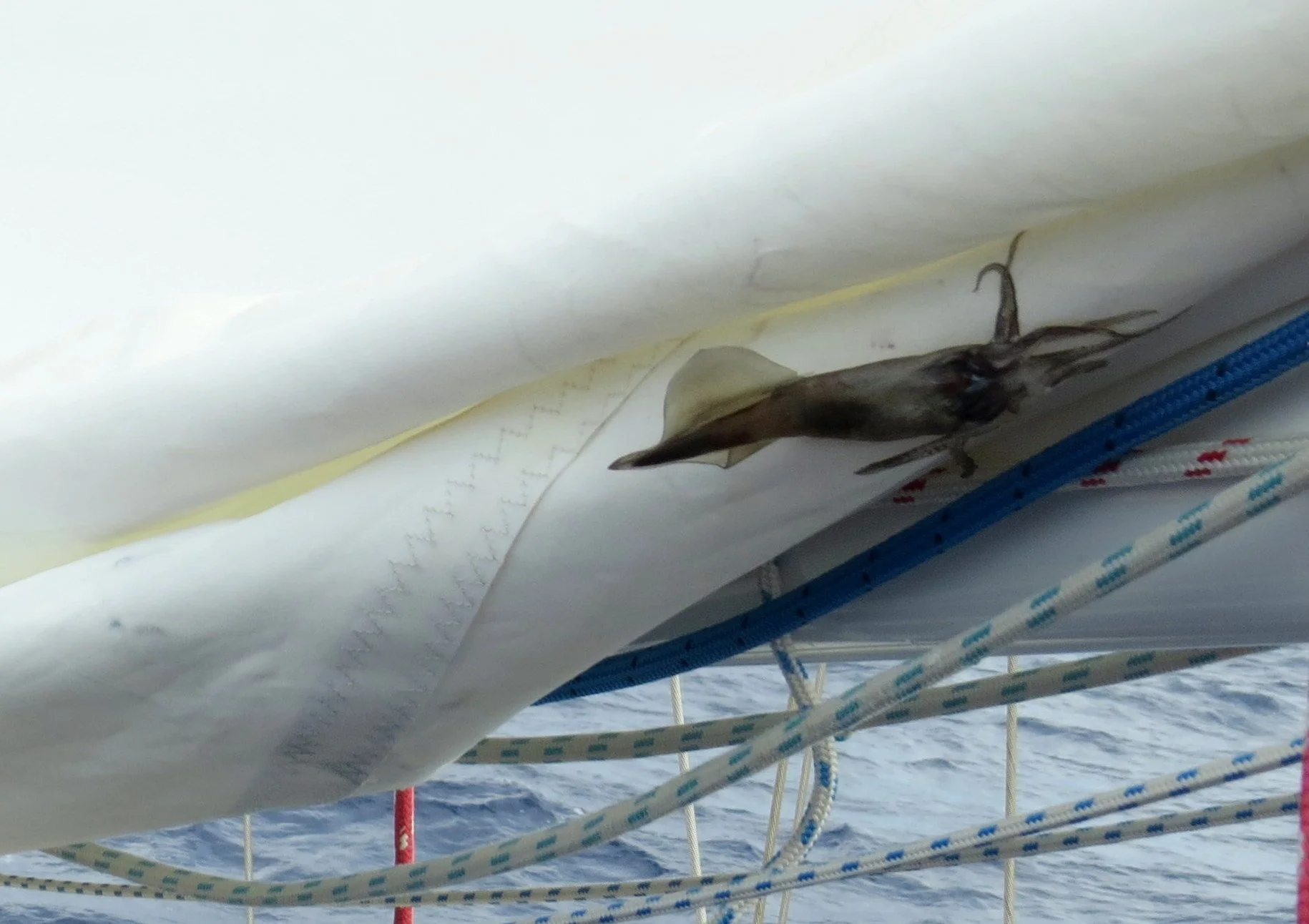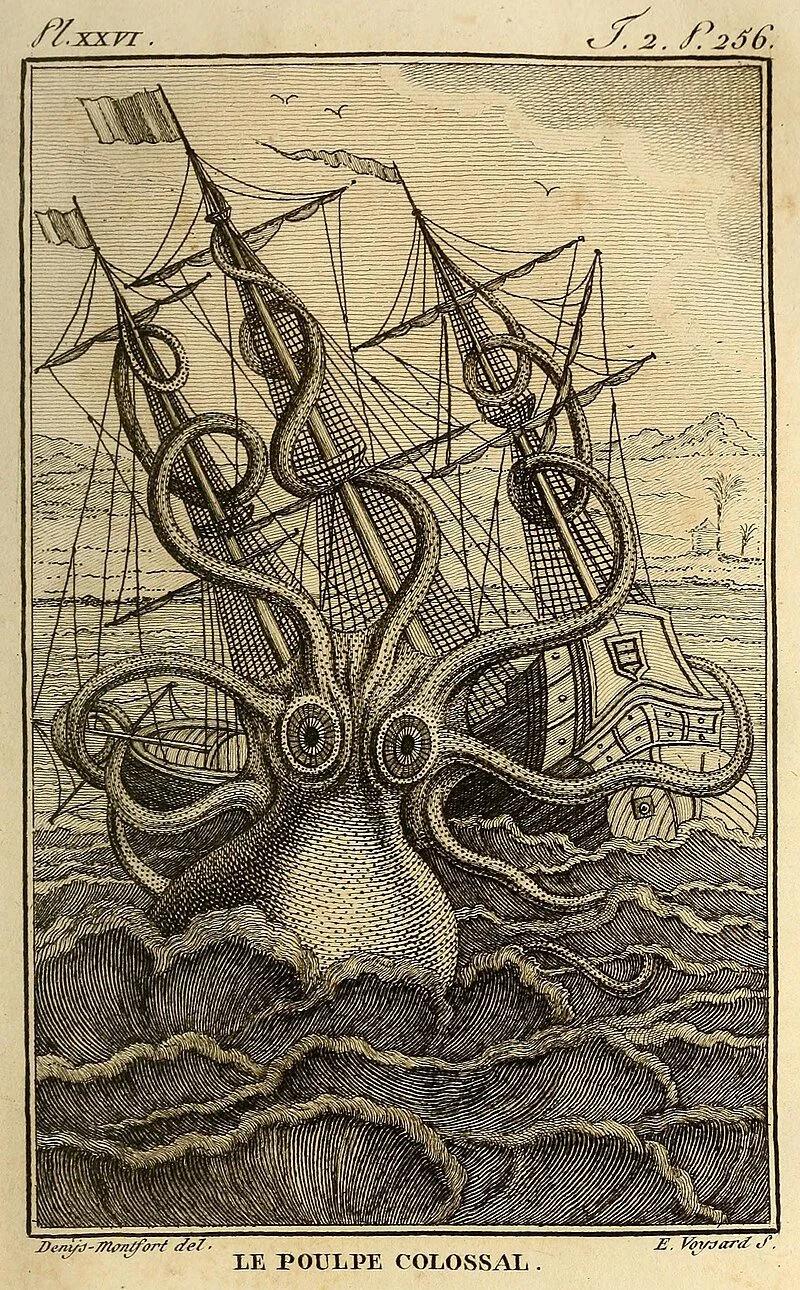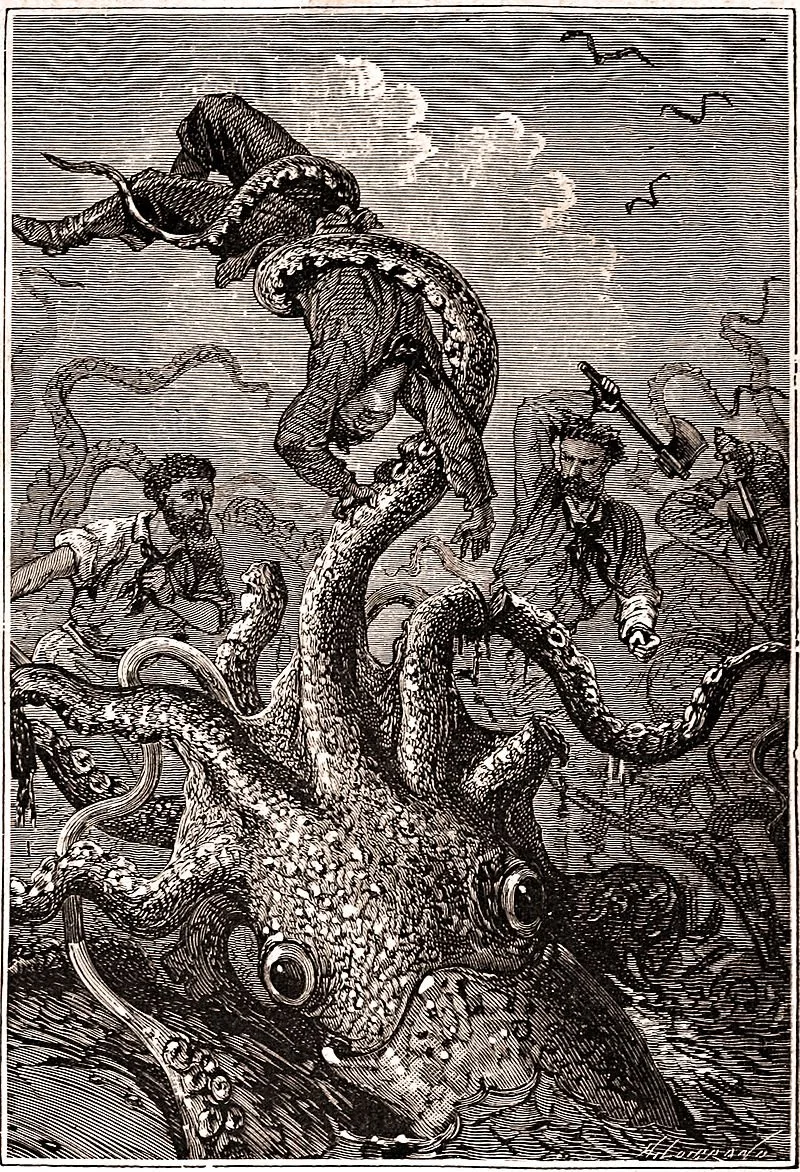Happy Cephalopods Week
/“Below the thunders of the upper deep;
Far far beneath in the abysmal sea,
His ancient, dreamless, uninvaded sleep
The Kraken sleepeth.”
I get a kick out of holidays, especially the offbeat, unique ones. I mean, how often do you have the chance to celebrate cephalopods? If you’re like us, you’ve never feted the eight-plus-armed species. Well, here’s your chance!
From October 8-11th, the International Cephalopod Awareness Group, aka Cephs in Action, is sponsoring a whole week of festivities “to raise awareness about the intelligence and ecological importance of octopuses (and other cephalopods). There’s a special day for each ceph: October 8th is Octopus Day, October 9th is Nautilus Day, October 10th is Squid & Cuttlefish Day (aka Squittle Day), and October 11th is Kraken Day.
Illustration credit: Smithsonian Ocean
Cephalopod literally means “head foot” in Greek, a reference to the way the cephalopod's head connects to its many arms and/or tentacles. The basic cephalopod body includes two eyes, a mantle, a funnel (also called a siphon), and at least eight arms or tentacles.
We saw our share of cephalopods in the years we were cruising aboard Nine of Cups. There were sometimes nautilus shells on the beaches (though the critter was never at home), inky squids on the deck, in the cockpit, and in the sails, even octopuses on the anchor sometime.
Then, of course, the Giant Squid that nearly captured David in Newfoundland last summer!
Some interesting cephalopod facts for you:
They’re true blue bloods! Most cephalopods have blue blood because their oxygen-carrying protein is hemocyanin, which contains copper and turns blue when oxygenated. It’s the hemocyanin that helps them to stay alive in extreme temperatures.
Cephalopods are the most intelligent invertebrates (probably not a high bar!), boasting large brains and complex nervous systems with neurons extending into their arms. Octopuses, for example, can suss things out, like how to open a clamshell that’s been wired shut. They can navigate mazes, solve problems, remember solutions, and they have a penchant for taking things apart for fun. (That’s very David-like, by the way… just sayin’ )
Discovered in Montana in 1988, the oldest known fossil of an octopus ancestor belongs to an animal that lived ~330 million years ago, long before the dinosaurs.
They are kings of disguise. Using specialized cells, most cephalopods can rapidly change their skin color, pattern, and texture, which they use for camouflage, communication, and mimicry.
According to AI, “The biggest cephalopod is the colossal squid, the largest known invertebrate on Earth. This massive creature lives in the Southern Ocean near Antarctica, and can reach up to 14 meters (46 feet) in length and weigh as much as 500 kg (1,100 lb).”
Octopuses, in particular, are master contortionists. According to National Geographic, a 600-lb octopus can escape through a quarter-sized hole. Check out this guy making an escape from a boat through a scupper.
Most shallow-water cephalopods, including octopuses and squids, die after mating as part of a process called semelparity, or "live fast, die young" reproduction.
Most cephalopods, including octopuses, squid, and cuttlefish, have three hearts
Yes, octopuses do make "gardens" by collecting objects like shells, rocks, and debris to decorate their dens, create barriers, and potentially attract mates. These arrangements are called octopus gardens and inspired The Beatles' song of the same name, which was based on a real-world observation of this intelligent behavior.
Cephalopods in mythology are portrayed as monstrous creatures like the Kraken in Scandinavian folklore.
Pen & Ink drawing of giant octopus - Pierre Dénys de Montfort, 1801
Illustration By Alphonse de Neuville / Édouard Riou 1869 in Jules Verne’s “Twenty Thousand Leagues Under the Sea”
So how can you celebrate?
You could go to an aquarium.
You can watch an animated movie with a young pink flapjack octopus named Pearl in Disney•Pixar's “Finding Nemo” or maybe check out Hank, the superhero, in “Finding Dory”.
How about reading Jules Verne’s “Twenty Thousand Leagues Under the Sea” or watching one of the many film versions of this Verne classic?
You can listen to or sing along with Ringo Starr as he performs “Octopuses Garden”, perhaps while sipping some Kraken Rum.
As for us, we’d highly recommend watching the 2020 Oscar award-winning Netflix documentary feature “My Octopus Teacher” about “A filmmaker [who] forges an unusual friendship with an octopus living in a South African kelp forest, learning as the animal shares the mysteries of her world.” It’s excellent, thought-provoking. and entertaining.









